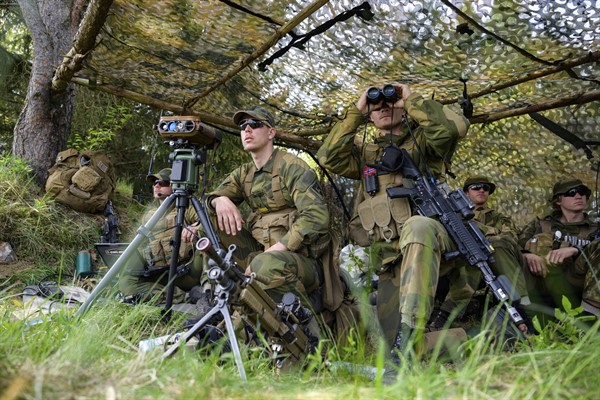One of the biggest geopolitical questions raised by Russia’s invasion of Ukraine is whether it will transform European defense. At first glance, the answer is obviously, yes. After all, Germany declared a zeitenwende, or turning point, announcing it would invest at least 100 billion euros in its military, while also pledging to meet NATO’s goal of spending 2 percent of GDP annually on defense. Other countries around Europe are similarly upping their defense budgets to meet or surpass the NATO goal. And the EU itself has allocated 2 billion euros to support the provision of security assistance to Ukraine.
Europe is suddenly taking defense very seriously and actually opening up its collective wallet. And that’s good news, as a militarily capable Europe could be a geopolitical game-changer, turning it from a security consumer into a security provider.
But look more closely and the answer becomes murkier. Yes, Europe will spend more, and that will inevitably lead to more defense capabilities. But there is a danger that much of the increased spending will be squandered, because it won’t address the main problem at the heart of European defense: fragmentation.

